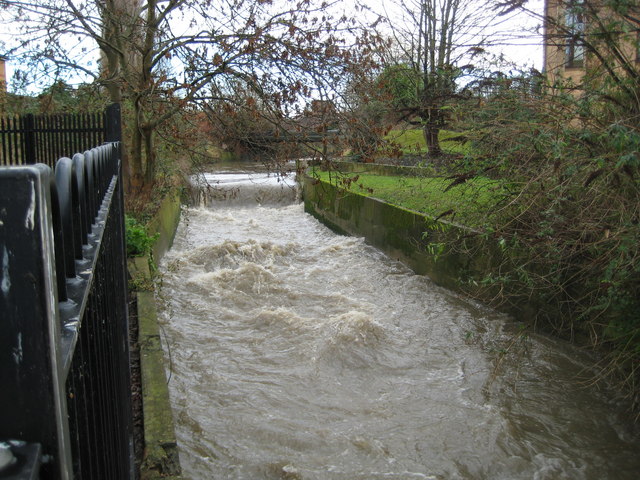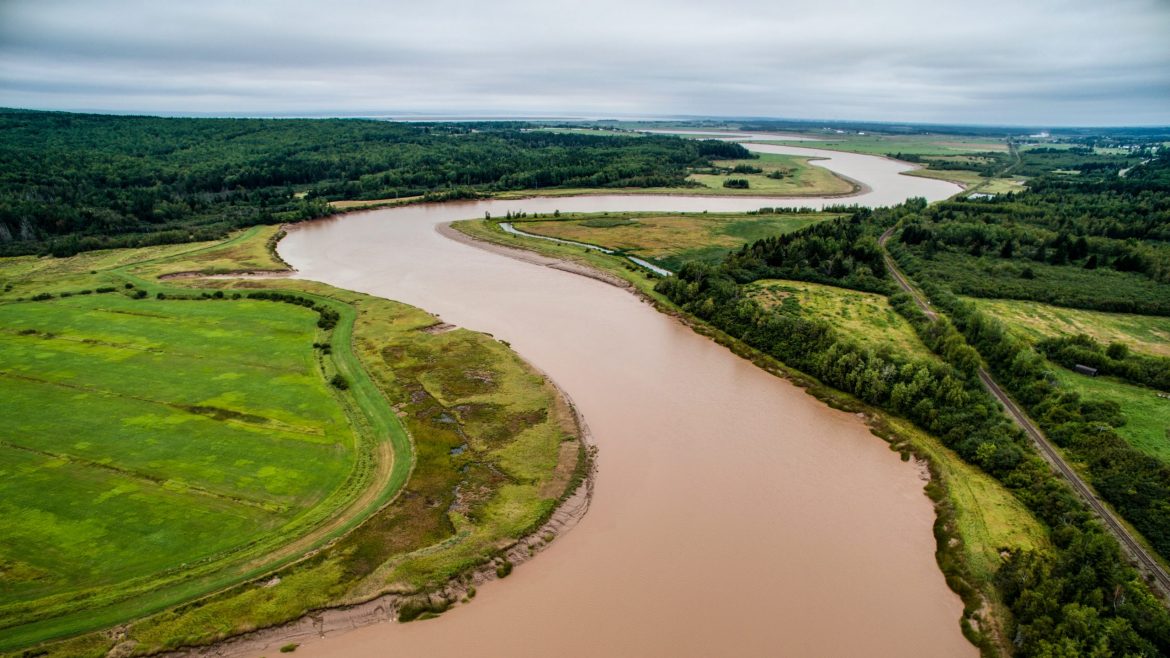Water companies have dumped tonnes of raw sewage into rivers and waterways across Kingston and the surrounding boroughs.

The Hogsmill, a rare chalk stream river, is one of the effected areas, as is Beverley Brook and the Green Lane Stream.
Kingston Green councillor Sharron Sumner said: “It’s atrocious! The amount of money Thames Water make, they should be investing it in the best technology to make sure rivers are kept as clean as possible and there should be a limit on how much (sewage) is emitted.”
Sumner said: “They should do as they do for other Thames Water plants where they did actually fix it and the overflow is much better. They’ve modernised other Thames Water plants, but they haven’t done the Hogsmill.”
Damage to the environment
Discharging untreated sewage can have a devastating impact on the environment.
Alison Fure, an ecologist living in Kingston, said: “Thames Water tried a water attenuation scheme via the Browns Road in Surbiton in 2003 but it was to the detriment of the Fishponds open space and has never been put right.
“Diversion schemes through reed bed systems can cleanse tainted water before they enter the main channel. One is currently proposed upstream at the Green Lane confluence which receives sewage from the Epsom storm tanks before flowing into the Hogsmill.”
The Hogsmill is a rare river chalk stream habitat. The World Wide Fund for Nature (WWF) describe chalk streams as being ideal for lots of wild creatures to breed and thrive.
Fure added: “Long term the river is receiving a layer of plastic containing wet wipes that become embedded in the substrates forever. The fish are becoming feminised with oestrogen and the river corridor is diminished as an important chalk stream.”
The expulsion of sewage into waterways is a problem occurring nationwide, so The Rivers Trust has created an interactive map allowing the public to see exactly where these dangerous dumpings are occurring.
Alongside this map, the charity advises: “Avoid entering the water immediately downstream of these discharges and avoid the overflows, especially after it has been raining.”
Water companies can apply to the Environment Agency for a permit allowing for the discharge of raw, untreated sewage. However, a BBC Panorama investigation earlier this year found that some were regularly breaching the terms of their permits.
Thames Water Hogsmill Sewage Works is an unmanned sewage plant receiving the waste of around 400,000 people in Kingston and the surrounds. Earlier this year, Thames Water was fined £4m after pleading guilty to pollution offenses in Kingston which occurred between 2016 and 2019.
In response, Steve Spencer, Thames Water operations director, said: “We’re very sorry for what happened at Hogsmill Sewage Works. It doesn’t reflect how much we care about the environment, our customers and communities, and it’s not how we want to perform.”
Thames Water has a £2bn turnover, which is £44m per week.
According to data from the Environment Agency, raw sewage was released into rivers and coastal waters in England more than 400,000 times last year.
To see if your area is affected, check out the interactive map by The Rivers Trust.





